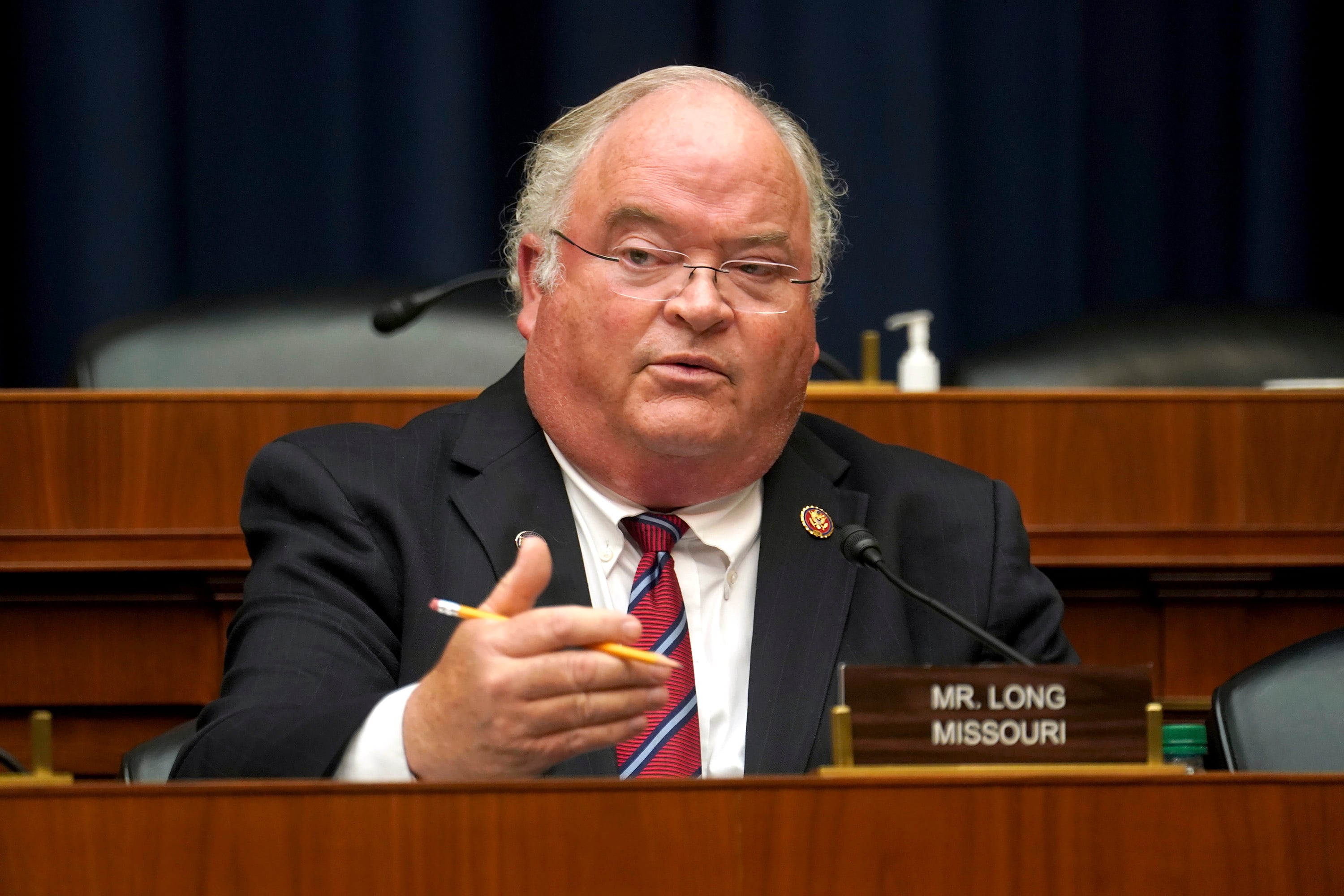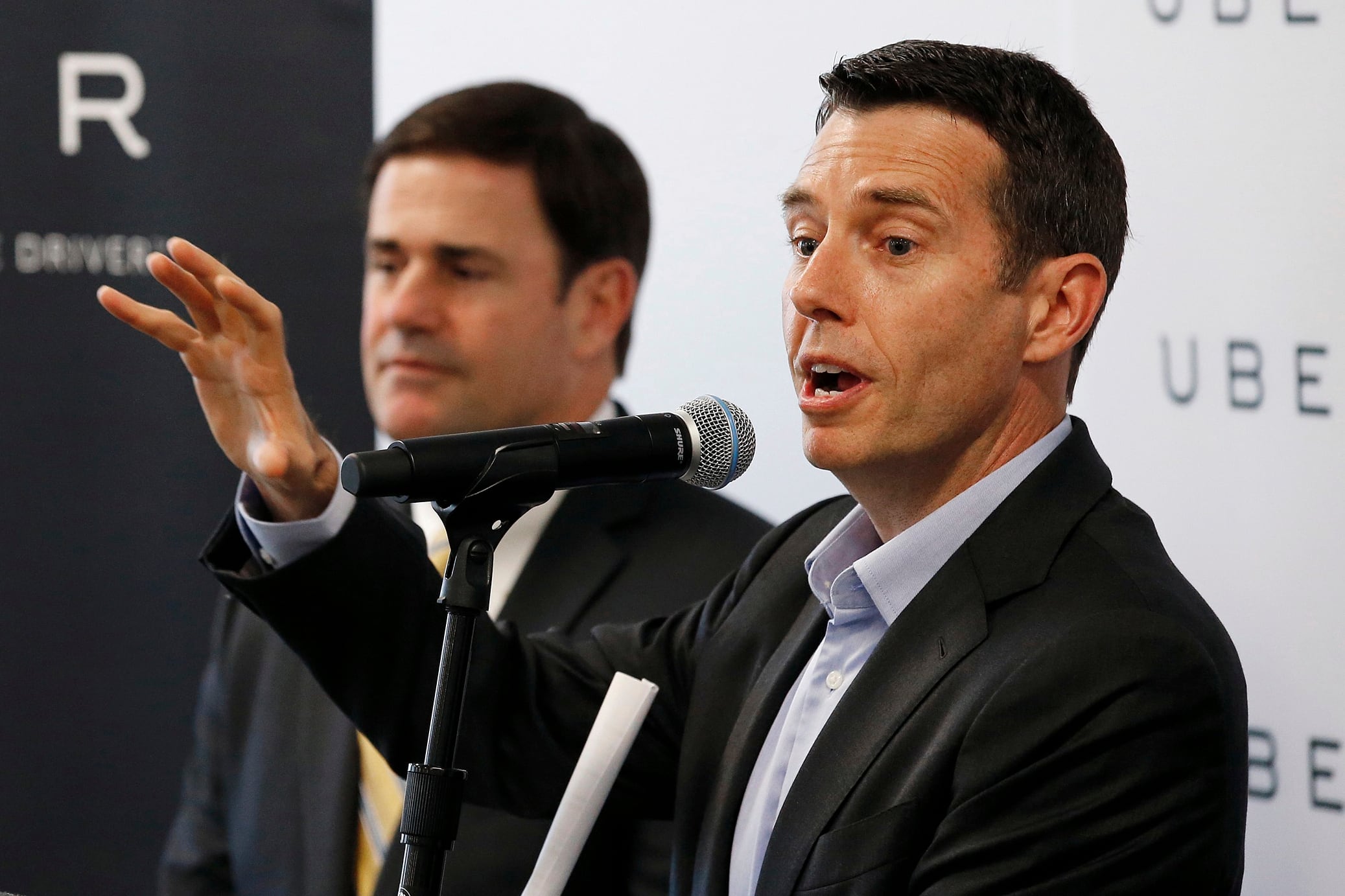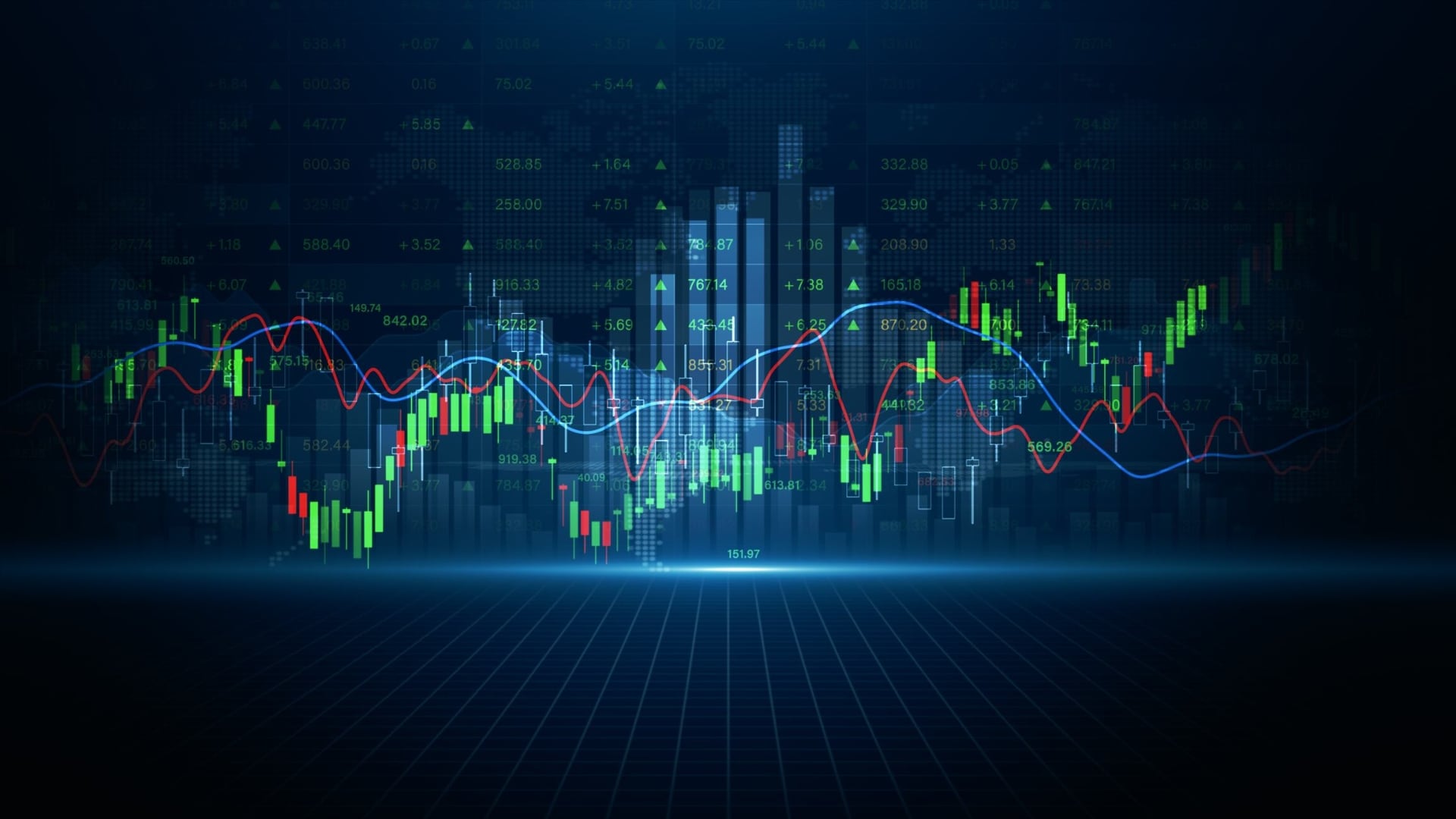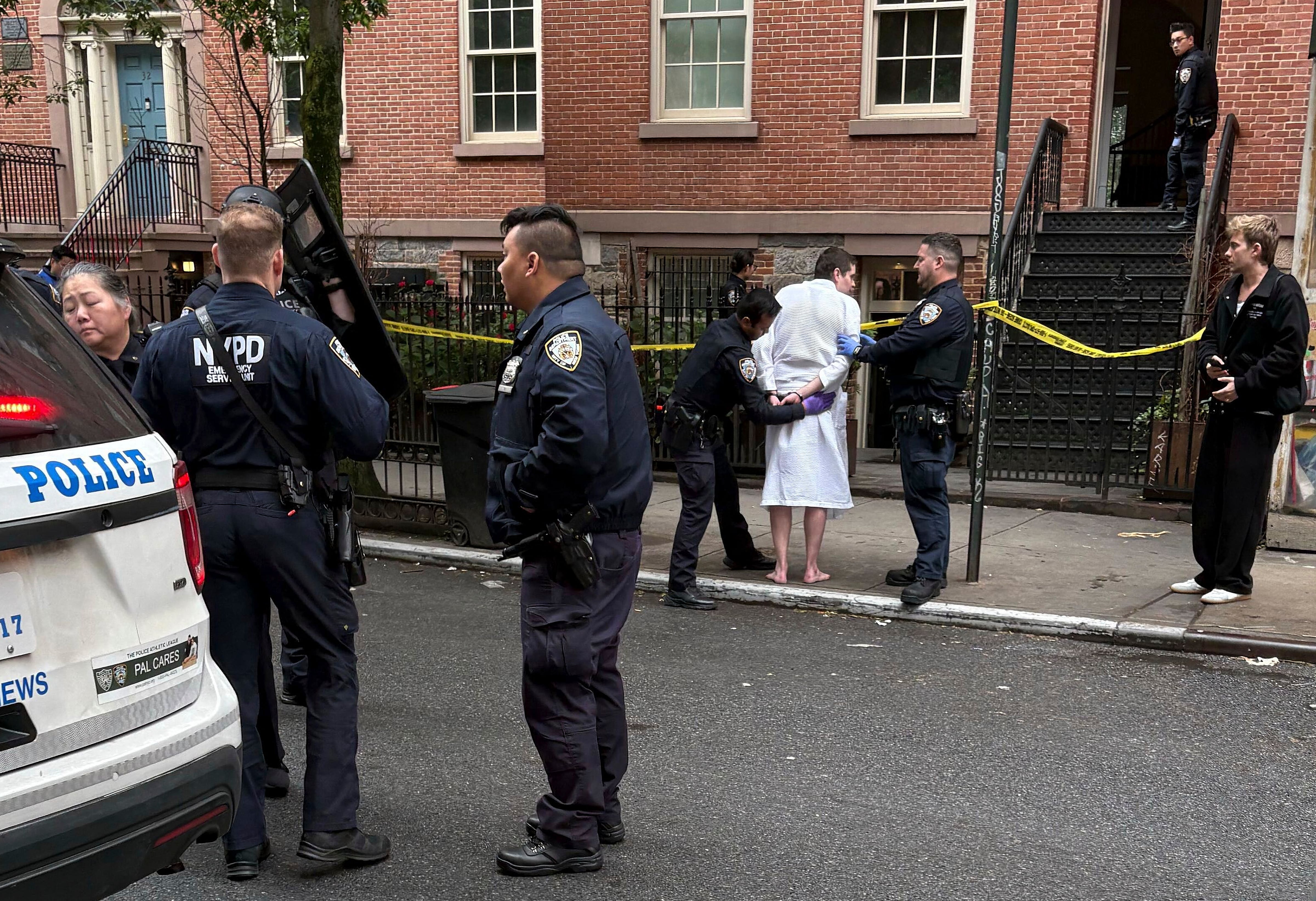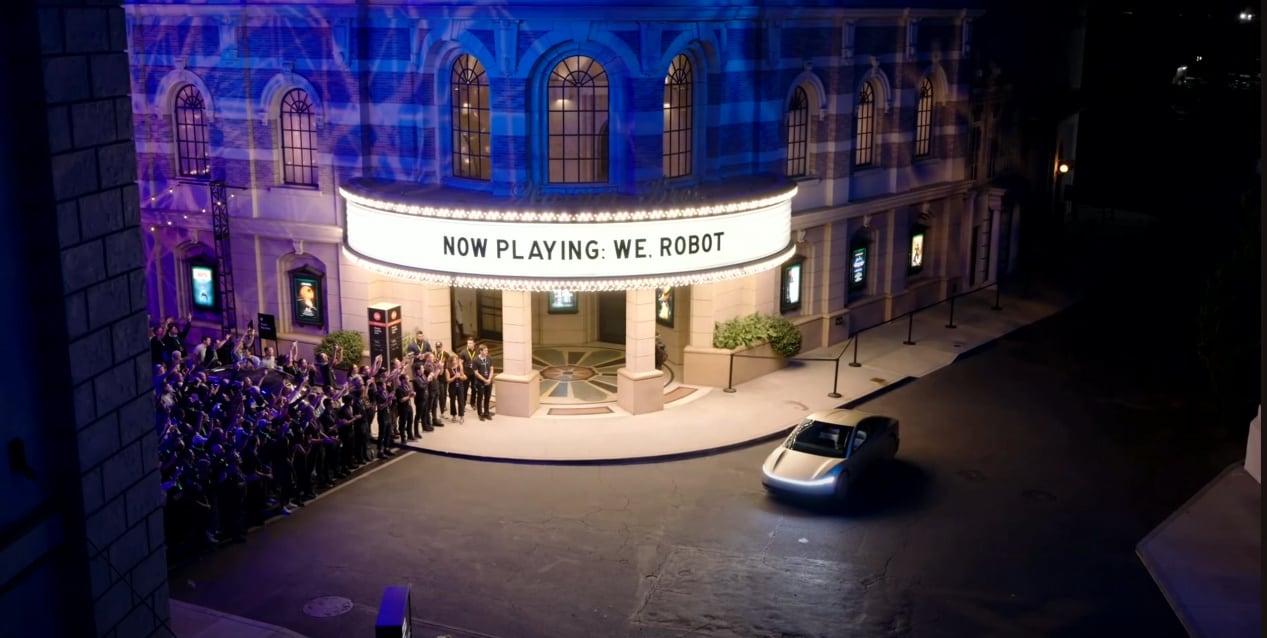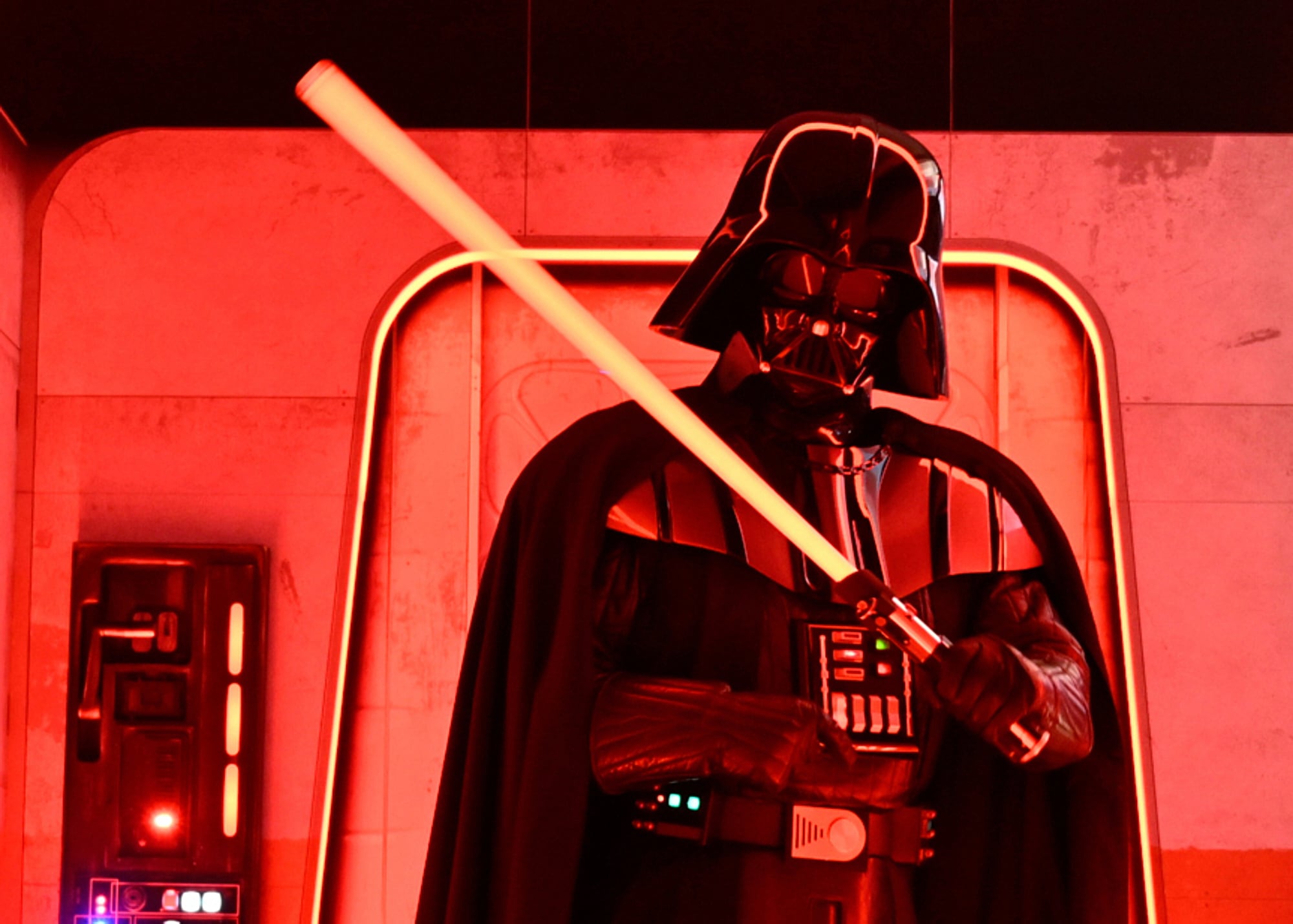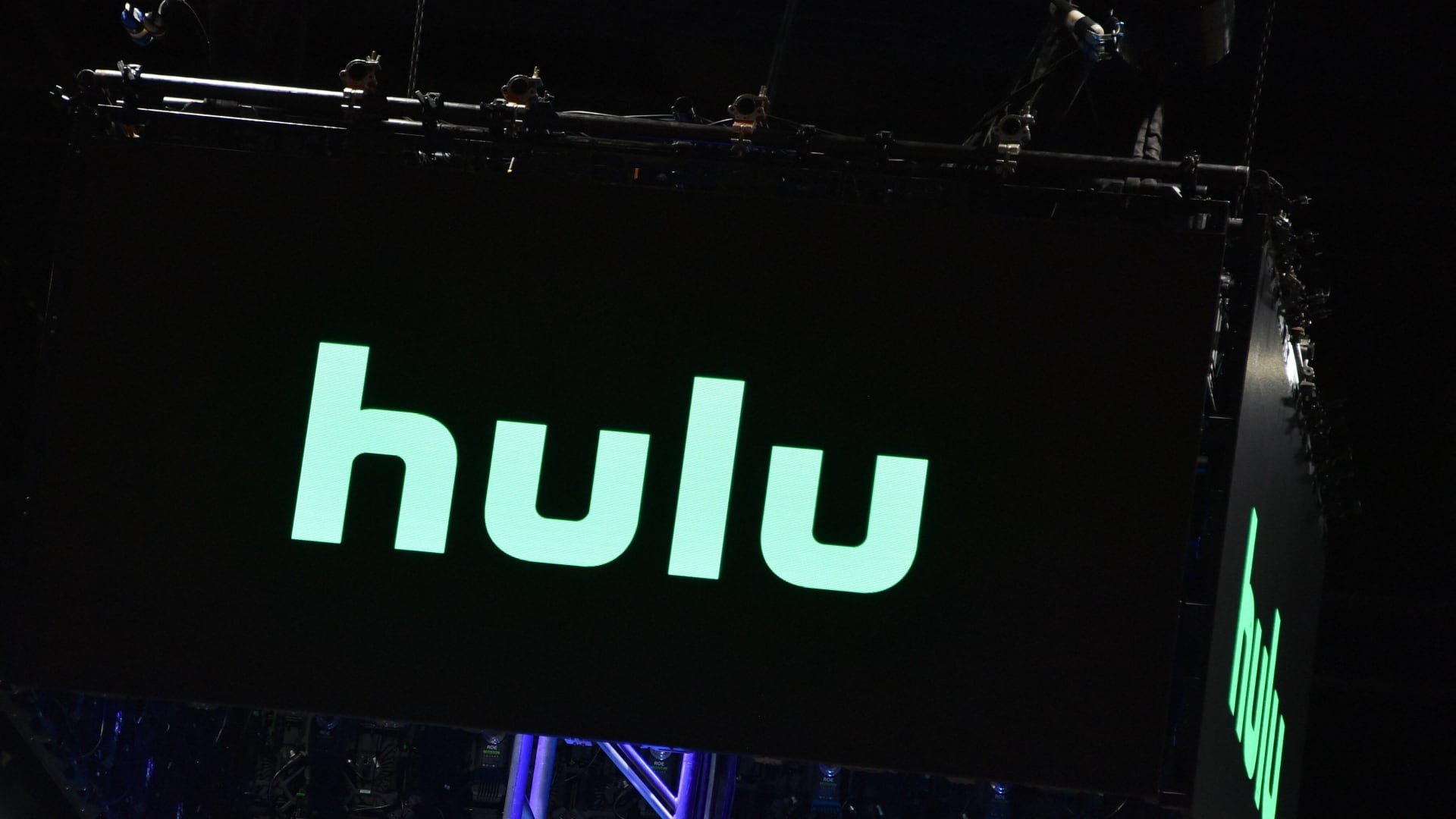Billionaire Elon Musk has told the BBC that running Twitter has been “quite painful” but that the social media company is now roughly breaking even after he acquired it late last year.
In an interview also streamed live late Tuesday on Twitter Spaces, Musk discussed his ownership of the online platform, including layoffs, misinformation and his work style.
“It’s not been boring. It’s quite a rollercoaster,” he told the U.K. broadcaster at Twitter's San Francisco headquarters.
It was a rare chance for a mainstream news outlet to interview Musk, who also owns Tesla and SpaceX. After buying Twitter for $44 billion last year, Musk's changes included eliminating the company's communiciations department.
Reporters who email the company to seek comment now receive an auto-reply with a poop emoji.
The interview was sometimes tense, with Musk challenging the reporter to back up assertions about rising levels of hate speech on the platform. At other times, Musk laughed at his own jokes, mentioning more than once that he wasn't the CEO but his dog Floki was.
He also revealed that he sometimes sleeps on a couch at Twitter's San Francisco office.
Advertisers who had shunned the platform in the wake of Musk's tumultuous acquisition have mostly returned, the billionaire said, without providing details.
Musk predicted that Twitter could become “cash flow positive” in the current quarter “if current trends continue.” Because Twitter is a private company, information about its finances can't be verified.
After acquiring the platform, Musk carried out mass layoffs as part of cost-cutting efforts. He said Twitter's workforce has been slashed to about 1,500 employees from about 8,000 previously, describing it as something that had to be done.
“It's not fun at all," Musk said. “The company's going to go bankrupt if we don't cut costs immediately. This is not a caring-uncaring situation. It’s like if the whole ship sinks, then nobody’s got a job.”
Asked if he regretted buying the company, he said it was something that “needed to be done.”
“The pain level of Twitter has been extremely high. This hasn't been some sort of party," Musk said.
